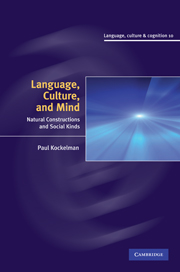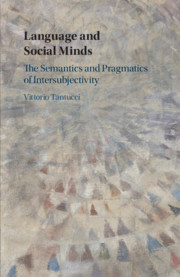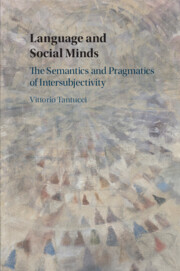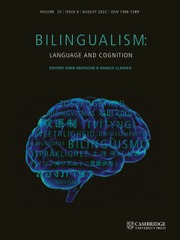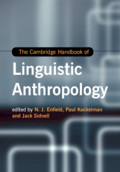Language, Culture, and Mind
Based on fieldwork carried out in a Mayan village in Guatemala, this book examines local understandings of mind through the lens of language and culture. It focuses on a variety of grammatical structures and discursive practices through which mental states are encoded and social relations are expressed: inalienable possessions, such as body parts and kinship terms; interjections, such as 'ouch' and 'yuck'; complement-taking predicates, such as 'believe' and 'desire'; and grammatical categories such as mood, status and evidentiality. And, more generally, it develops a theoretical framework through which both community-specific and human-general features of mind may be contrasted and compared. It will be of interest to researchers and students working within the disciplines of anthropology, linguistics, psychology, and philosophy.
- Based on almost two years of ethnographic and linguistic fieldwork in a Mayan village in Guatemala
- Brings together insights from anthropology, linguistics and psychology
- Raises timely questions about the nature of social cognition
Product details
February 2010Hardback
9780521516396
256 pages
236 × 156 × 17 mm
0.53kg
Available
Table of Contents
- 1. Language, culture, mind: emblems of the status human
- 2. Inalienable possessions: what hearts, mothers, and shadows have in common
- 3. Interclausal relations: how to enclose a mind by disclosing a sign
- 4. Myths about time and theories of mind: why the moon married the sun
- 5. Other minds and possible worlds: when psychological depth is dialogical breadth
- 6. Interjections: why the center of emotion is at the edge of language
- 7. Conclusion: natural constructions and social kinds.

